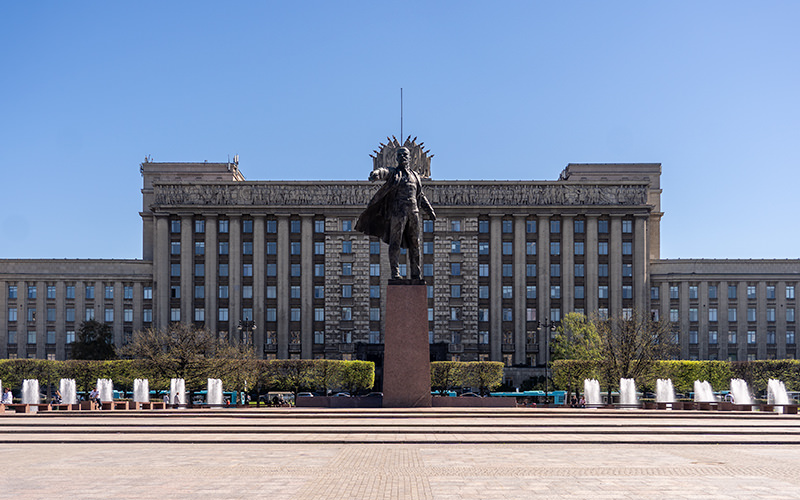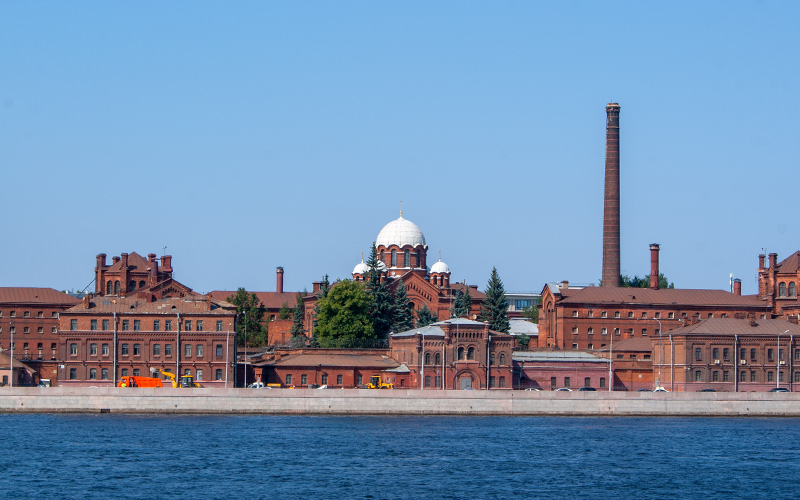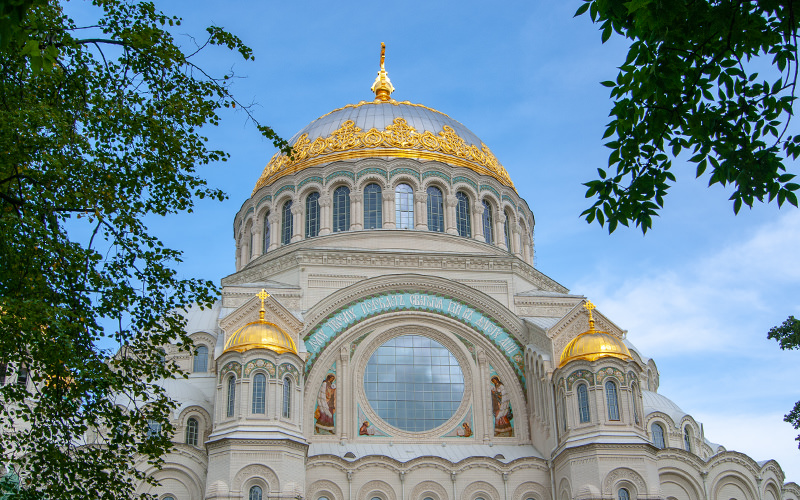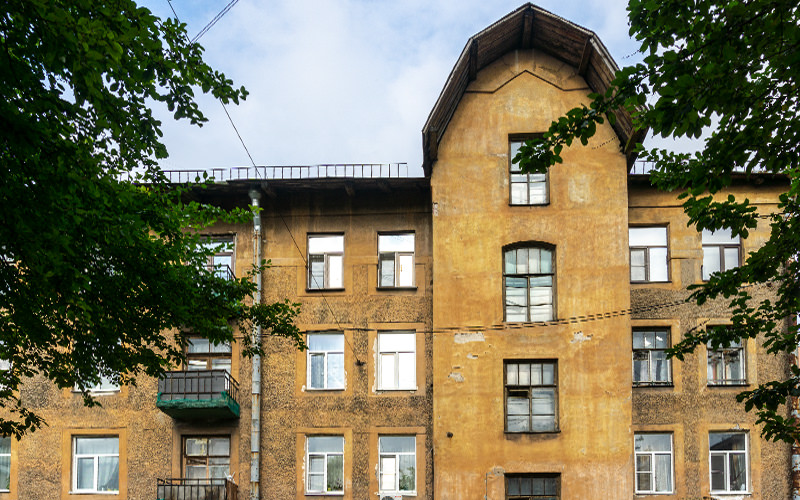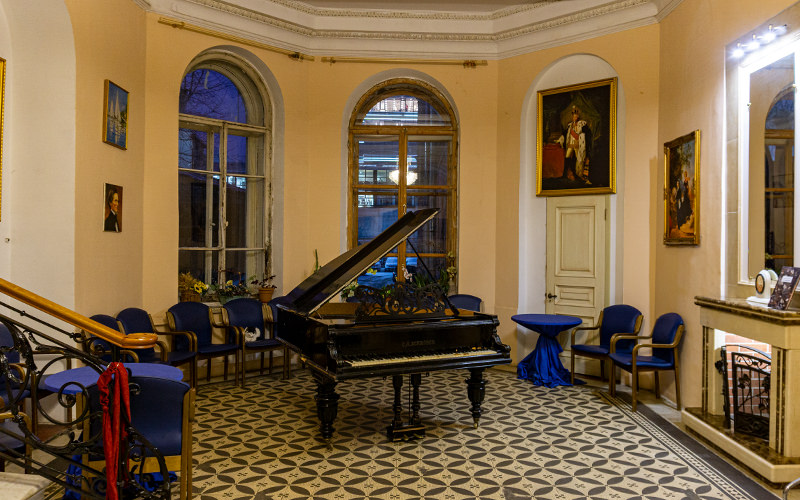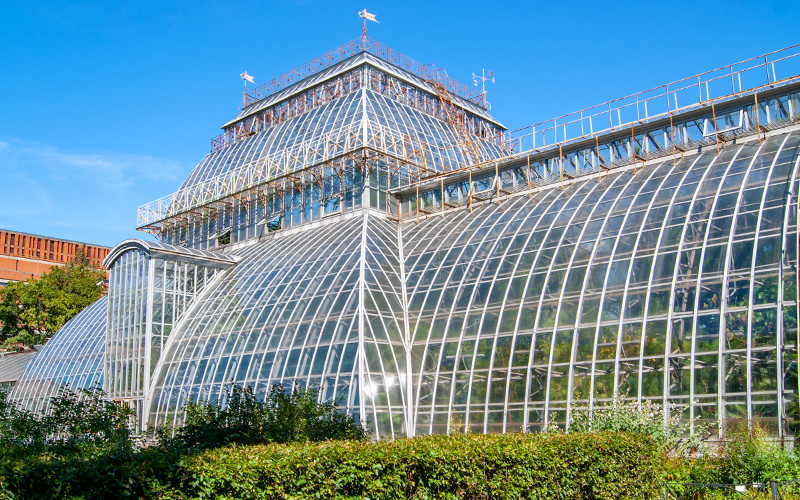In the late 19th and early 20th centuries, Saint Petersburg was one of the industrial centers of the Russian Empire. The city housed numerous factories, many of which later became architectural landmarks. Today, we will focus on the buildings located on the former site of the Nobel factory in the Vyborg side of the city.
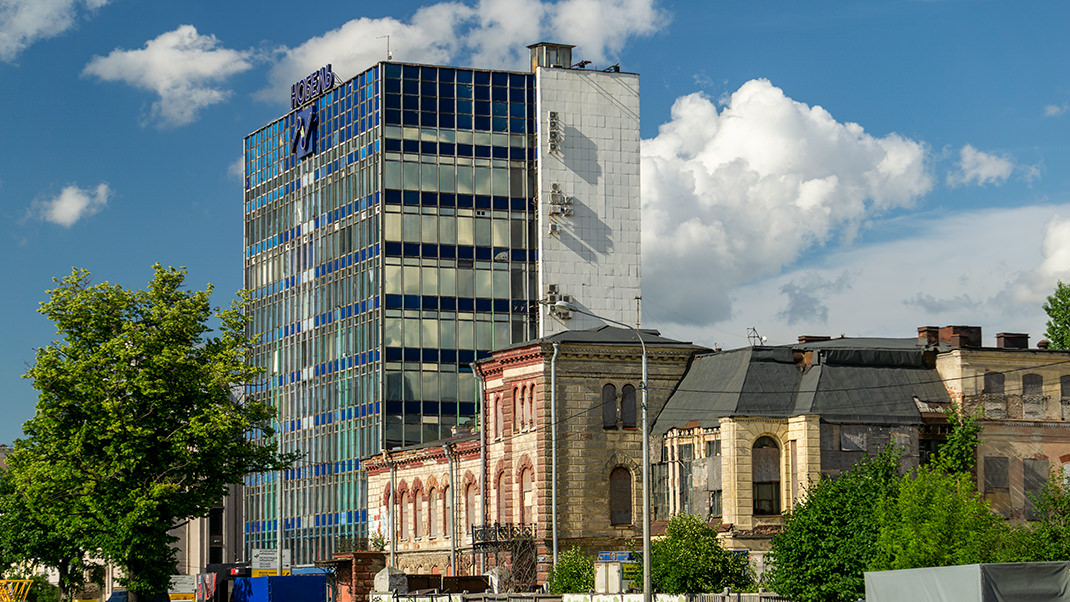
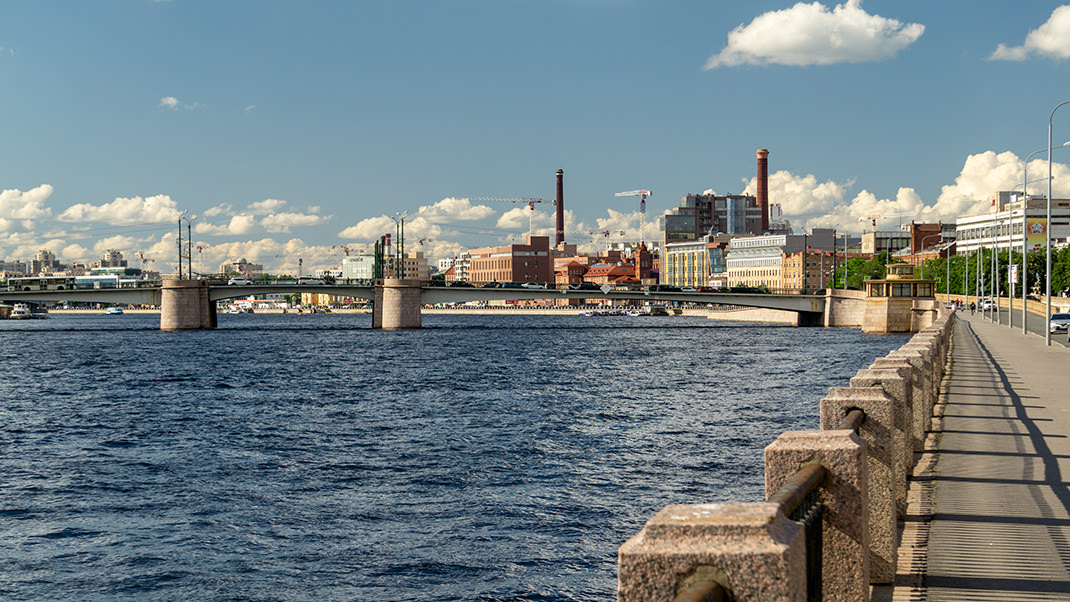
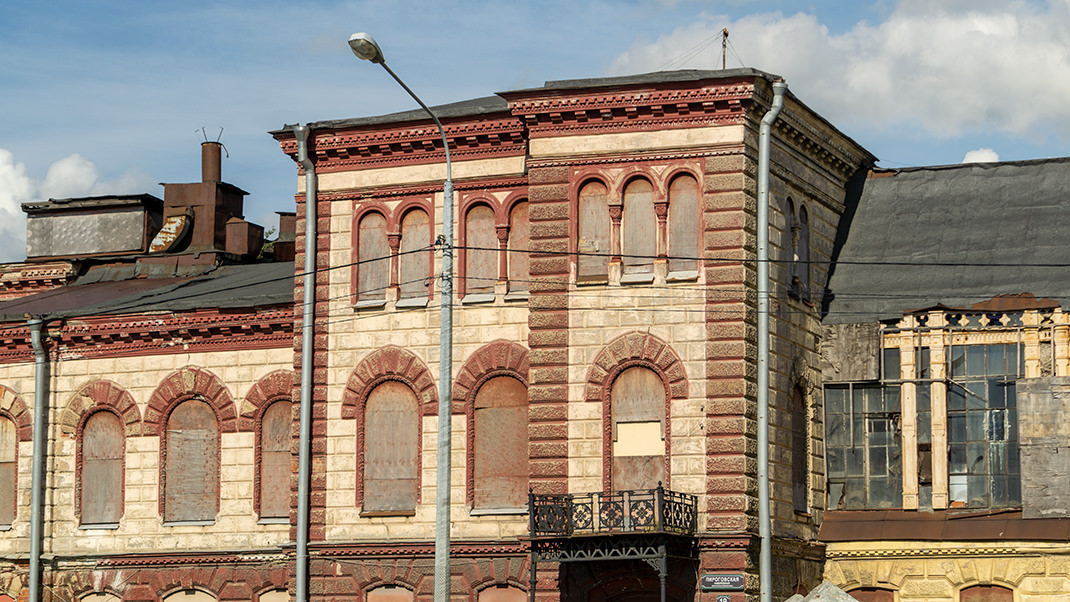
How to Get There
The address of the factory management building is Pirogovskaya Embankment, 19. The nearest metro station is "Vyborgskaya," and the walk from there takes about 10–15 minutes. It's not possible to enter the factory grounds today, but you can still view the ruins of the buildings and the factory management building from the outside.
As far as I know, it was once possible to visit the abandoned mansion with a tour, but I don't have current information about whether such tours are still being held.
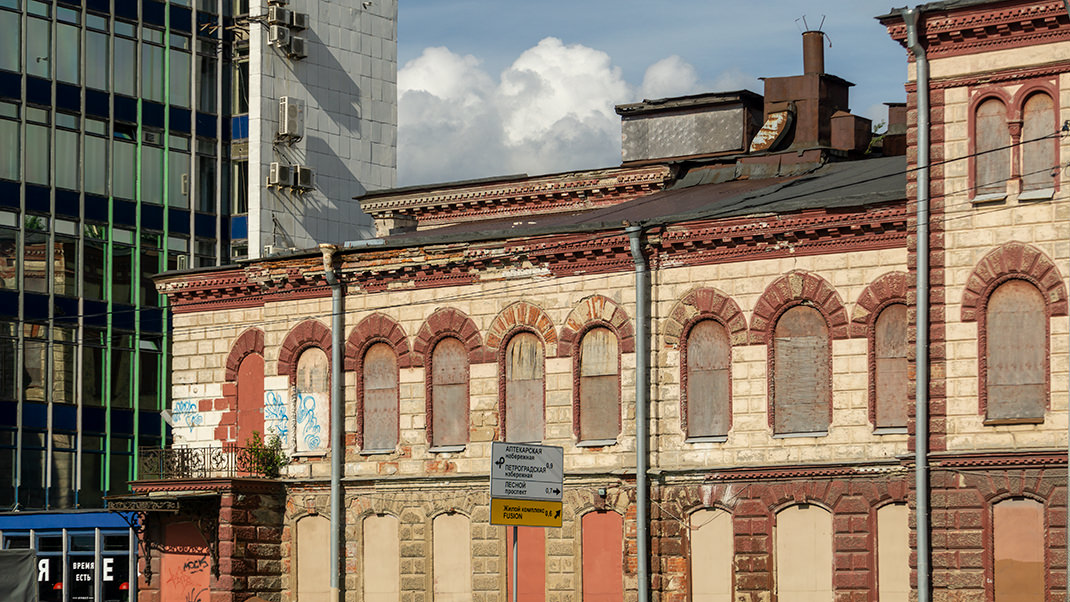
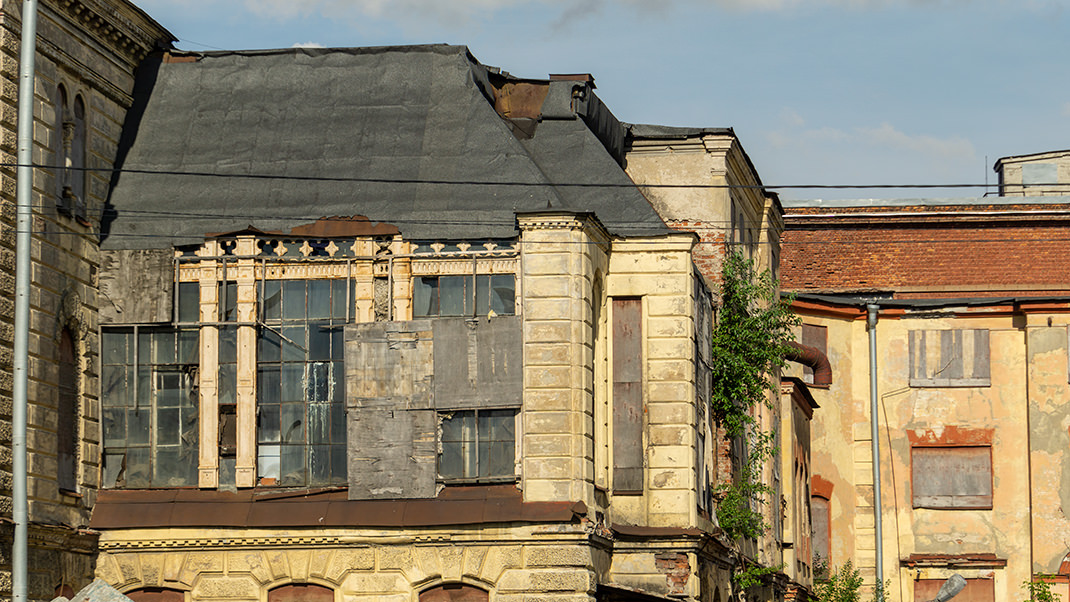
A Bit of History
Since the 1860s, part of the land on the Vyborg side was owned by the Nobel family, industrialists from Sweden. The "Ludwig Nobel" mechanical factory, which produced weapons, machines, and diesel engines, was located here. In the 1880s, the factory's territory expanded significantly, stretching from Bolshoy Sampsoniyevsky Prospekt to the Finland Railway Line. The development began under the direction of Emanuel Nobel, and gradually a residential colony with a community center emerged on the site.
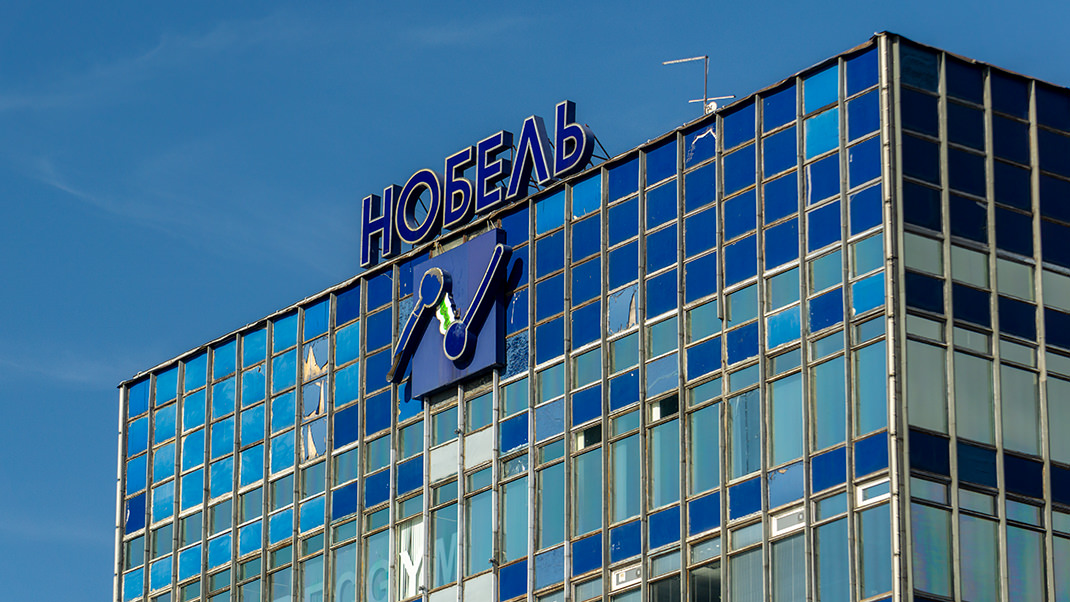
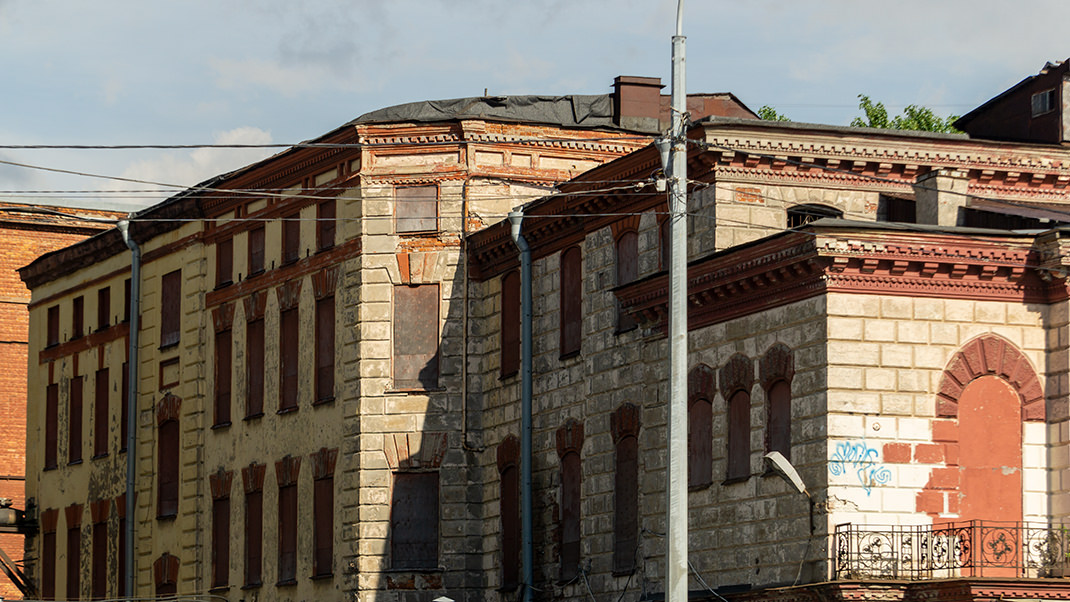
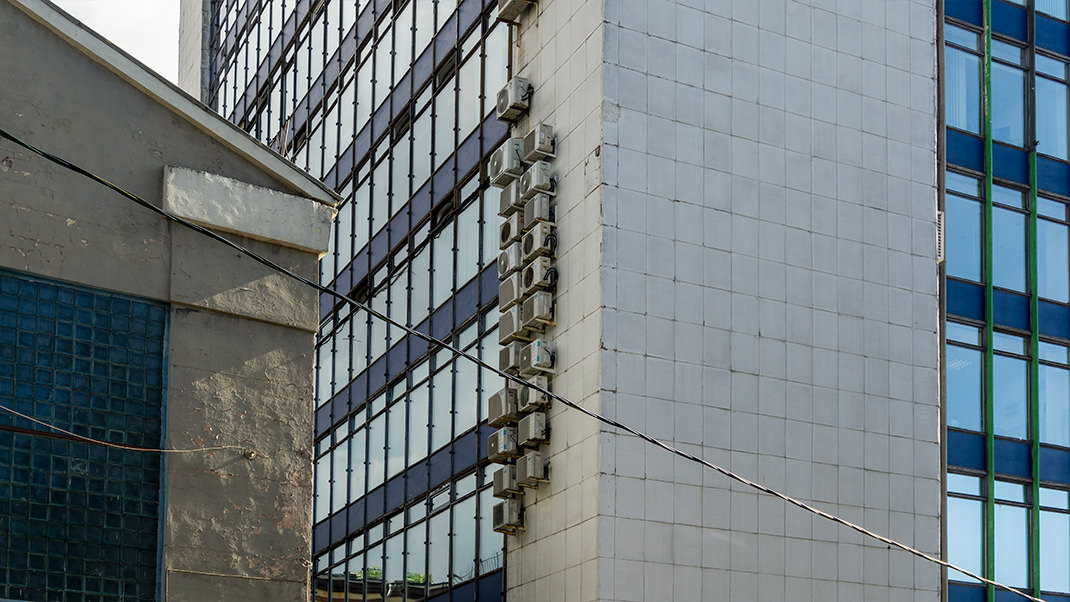
The factory itself can be considered a monument to industrial architecture. However, the Nobel mansion, which housed the factory management, deserves special attention. It is a small building with bright decorative elements, resembling an Italian Renaissance palazzo. The construction style is eclectic, but unfortunately, the mansion is in poor condition.
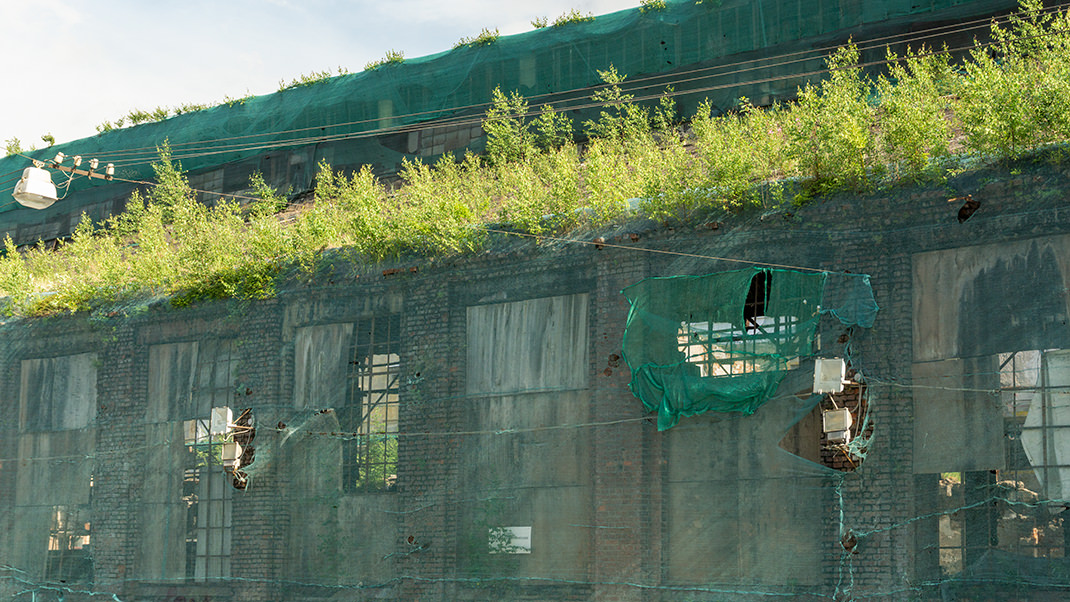
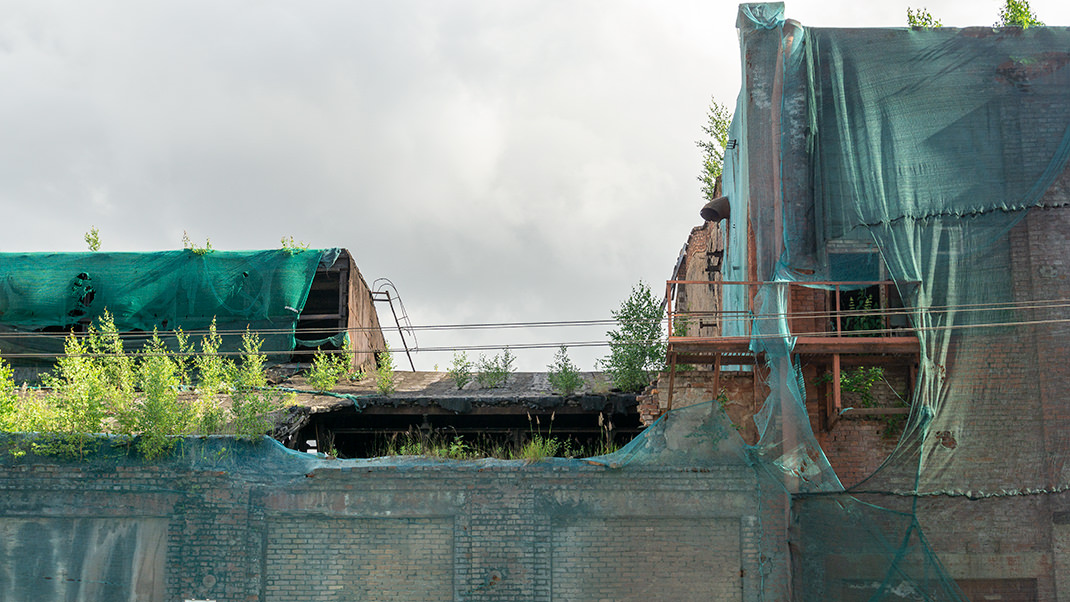
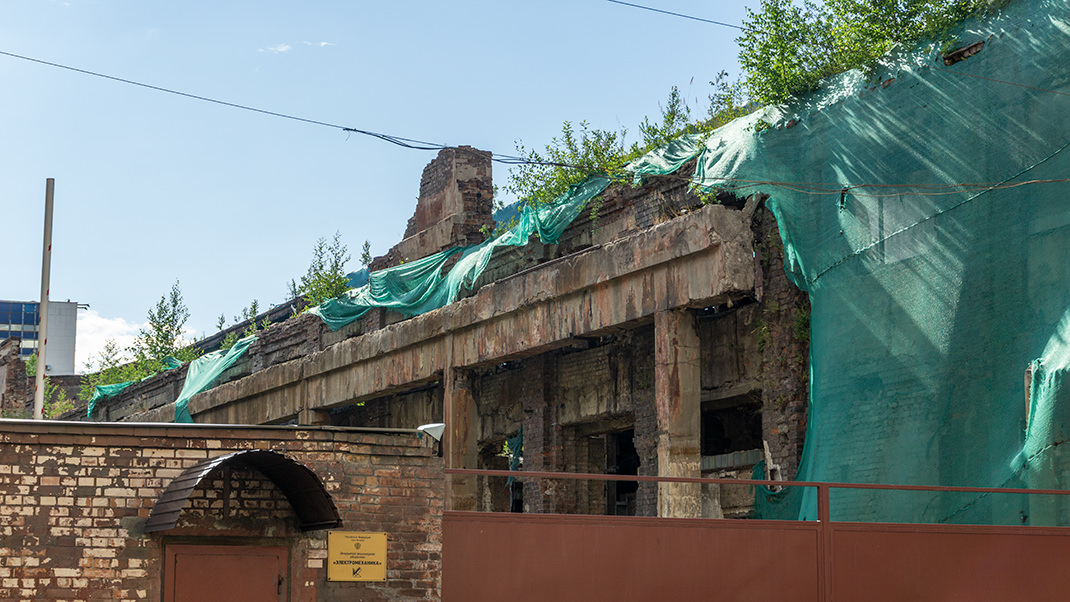
The mansion was built in two stages: from 1870 to 1886 under the guidance of K. K. Anderson. In 1902–1903, R. F. Meltzer conducted a reconstruction. The house served both as an office and a residence for the large Nobel family. It was the hub of active business life, and decisions about supporting science, education, and charity were made here. Many famous people visited the mansion, including Alfred Nobel, the founder of the Nobel Prize. By the way, on the opposite side of the Neva River, you can find a monument dedicated to him.
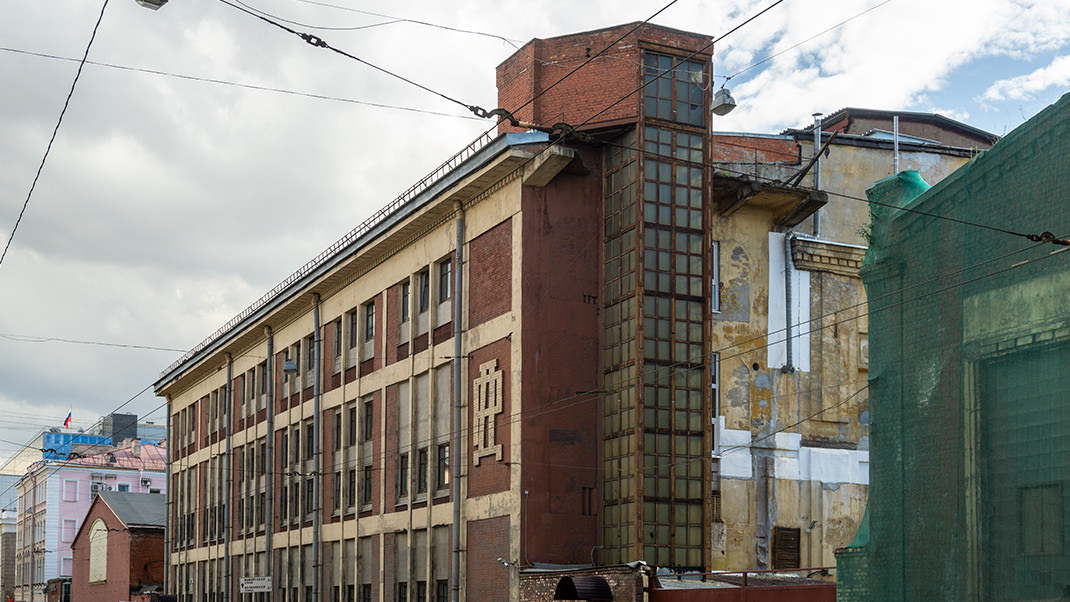
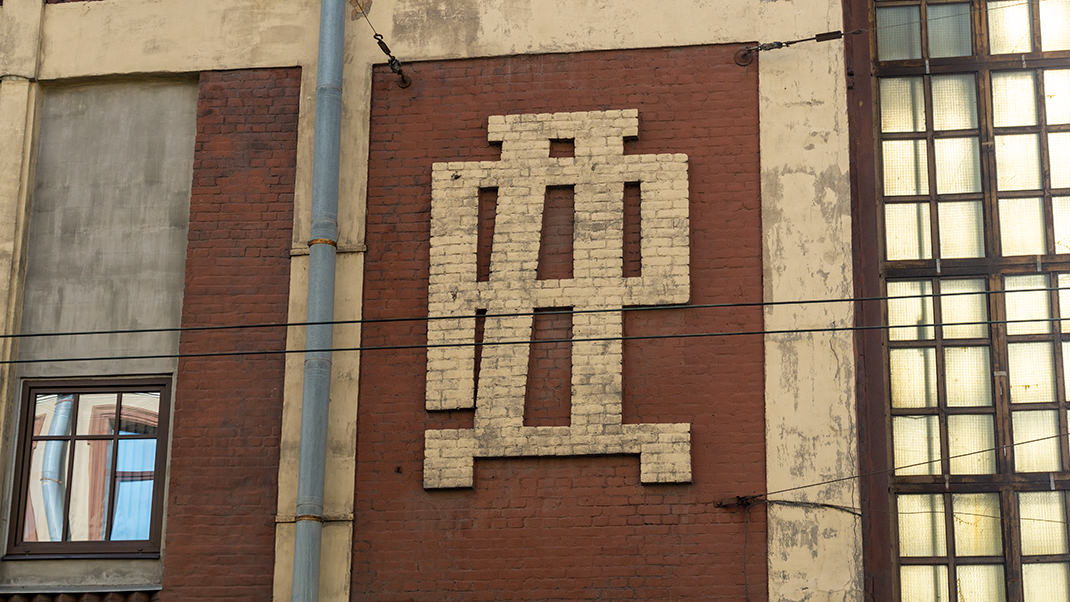
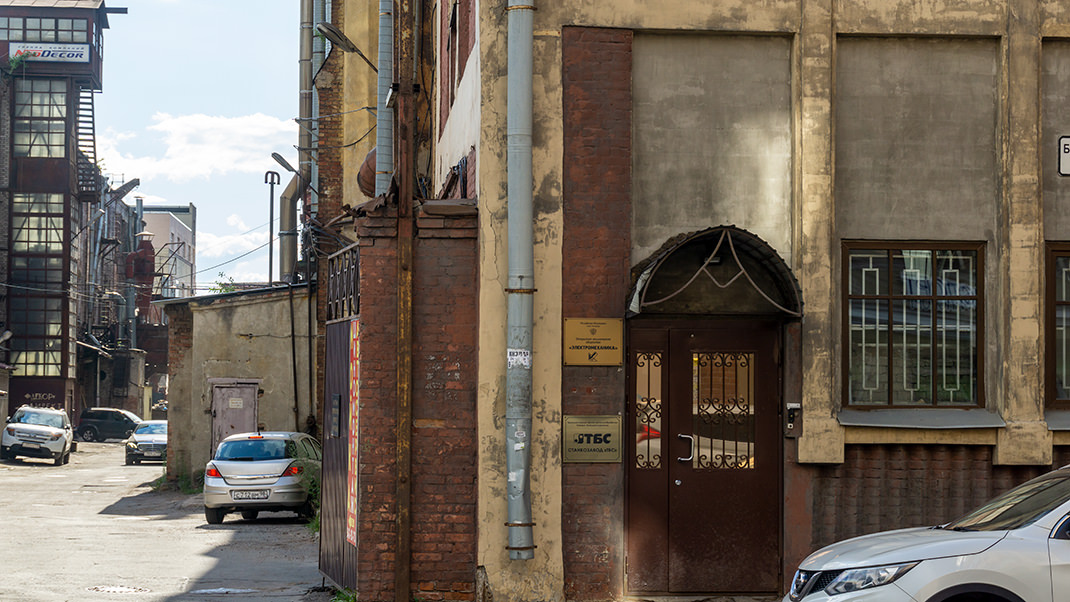
Back to the factory: after the revolution, like other enterprises, it was nationalized and renamed "Russian Diesel," while expanding its territory by acquiring nearby plots. The factory began specializing in the production of marine engines. During the Soviet era, it supplied its products to many countries around the world. In the 1990s, it went bankrupt. According to online sources, the premises changed hands several times and are now being rented out.
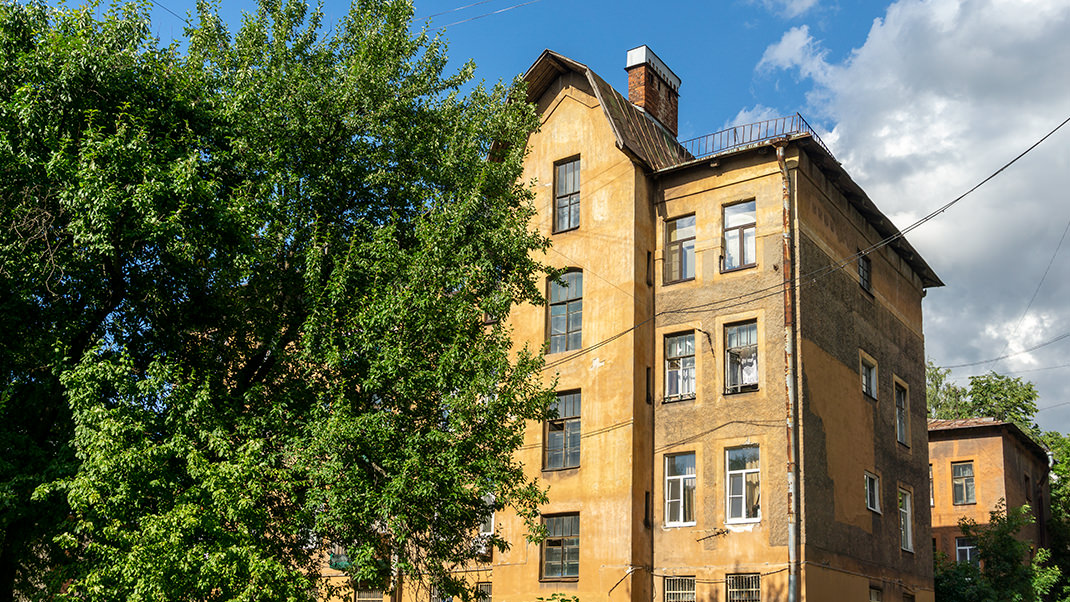
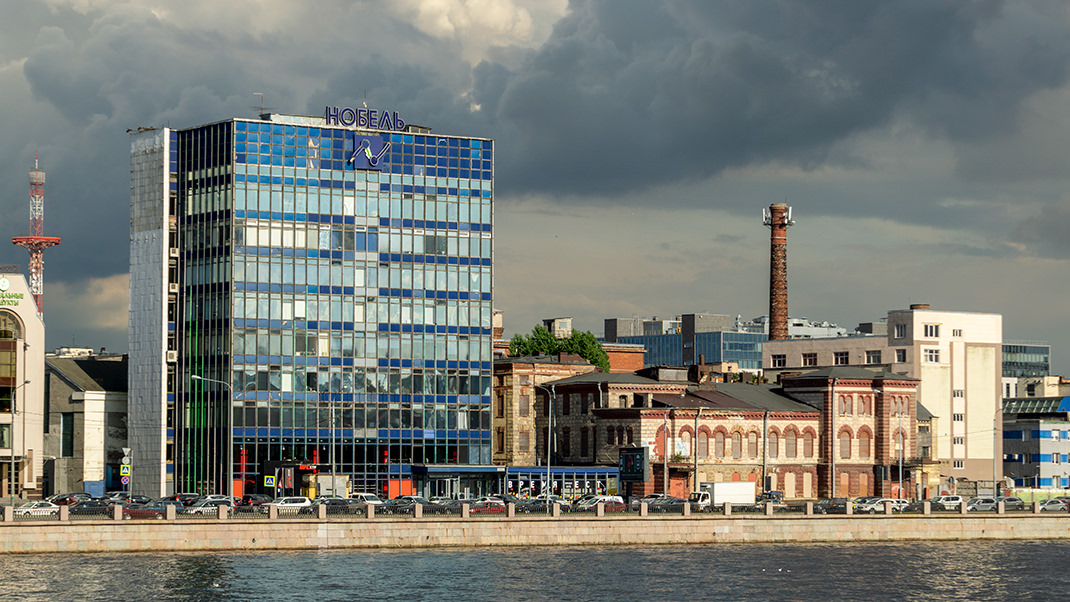
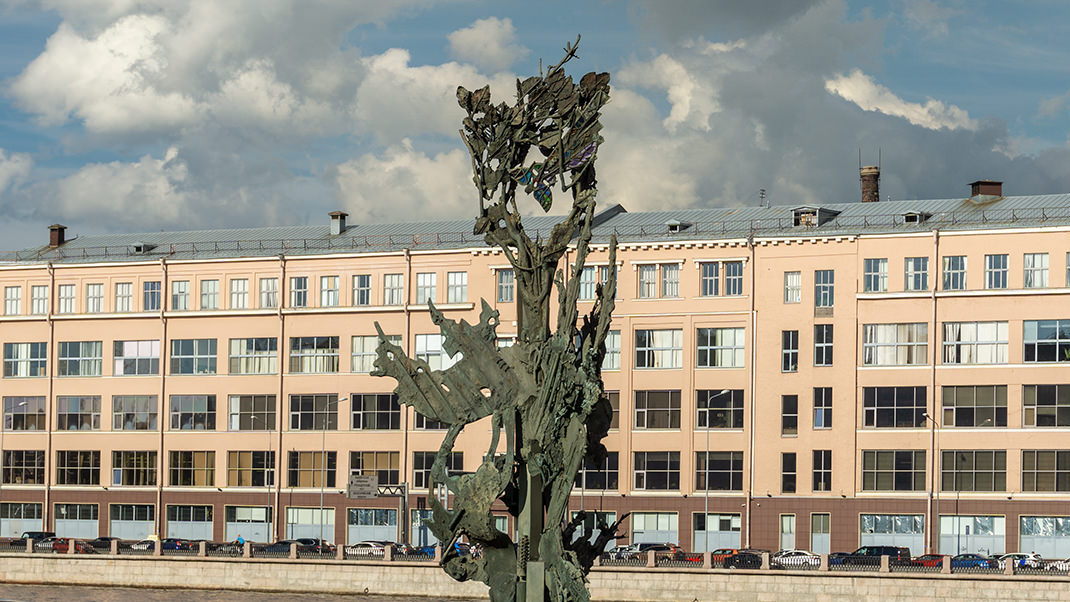
In the next part of the article, we will take a walk through the residential settlement of the "Ludwig Nobel" factory, located nearby.
In summary:
- A monument to industrial architecture;
- A beautiful view of the river and surroundings;
- The history of a globally renowned family.


